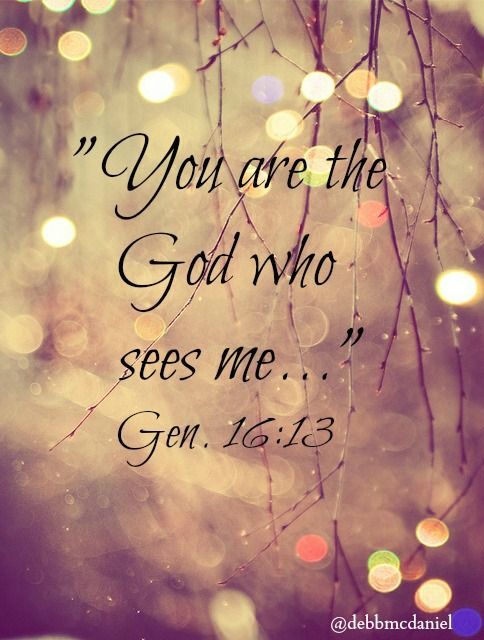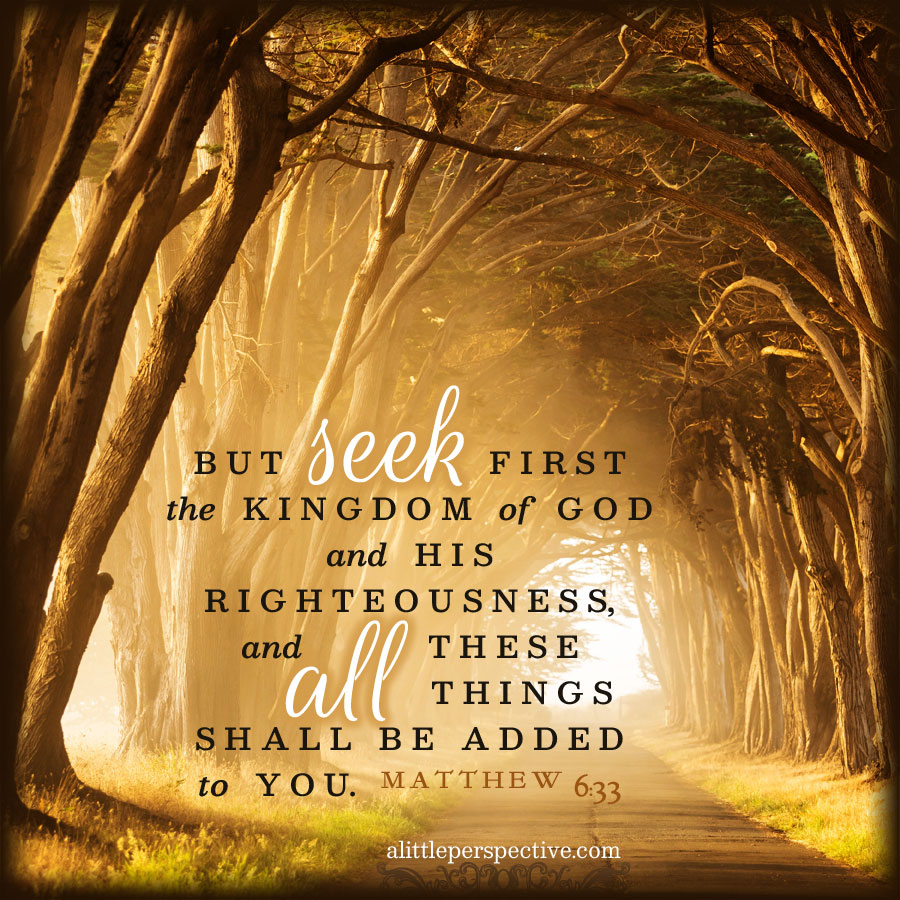How we determine what is “Good” decides Happiness
The best marketers persuasively try to equate “good” with their product or service. Catchy slogans like “Life is Good” and “Finger Lickin Good” are perfect examples of how “goodness” is used as the foundation for a brand’s identity. Yet in spite of their creative use of association, plenty of potential customers still choose to shop elsewhere. Driving this is the reality that the way people choose to determine what is “good” varies from person to person. Everyone has a different perception of what “goodness” means.
Conversely, the nature of all persons universally begins with the same inherent goodness at the start of life. As we are all created in the image of God, his perfecting goodness is woven within each person in the same way. The reflection of God’s goodness is especially evident in the innocence and purity of young children. No matter how many times our little ones get into trouble, the heart of their intentions are always pure. However as worldly influences and ambitions increase over time, people start looking for a source other than God’s nature to determine what is good. Deciding for themselves what is right, good and meaningful is a whole lot easier than using God’s standards as the basis of measurement. Power, “fitness” within society’s moral rule base and size of social influence have become the new reflections for living the “good life.”
And so, as God is the supreme good, many lose sight of the full and perfect happiness that can only be found in Him. Yet in Matthew 6:32, Jesus reminds us that we have a heavenly Father who knows exactly what we need. He speaks these words with absolute clarity. God knows all that we need because he created us. Jesus tells us to seek the kingdom of God – first.
 By grace, we are given the intellectual capacity to determine authentic “good” as well as the moral goodness of any given action. We can discern right actions from wrong actions. As God has revealed Himself and his laws to us, he freely gives us the ability to remain on the path leading back to his goodness. Making the choice becomes possible when time is devoted to spiritually contemplate on all that God reveals about Himself and his will for our lives. From birth, we receive moral freedom as talent to be developed, as a seed containing the knowledge of truth and the inclination toward only goodness and happiness.
By grace, we are given the intellectual capacity to determine authentic “good” as well as the moral goodness of any given action. We can discern right actions from wrong actions. As God has revealed Himself and his laws to us, he freely gives us the ability to remain on the path leading back to his goodness. Making the choice becomes possible when time is devoted to spiritually contemplate on all that God reveals about Himself and his will for our lives. From birth, we receive moral freedom as talent to be developed, as a seed containing the knowledge of truth and the inclination toward only goodness and happiness.
Still, many people prefer to look for a quicker way to discern what is “good” rather than devote time to cultivate this talent in daily life. They choose another path that does not require the sacrifice of placing God’s will over their own. In this new model, actions can be deemed “good” only when they perfectly align with the will of one’s own personal choices and perceptions. When we desire something that God doesn’t provide, we question his goodness or work around his laws to justify whatever it is we deem “good.” We say “sorry God – my way is the only way!”
 Since the foundation of all goodness is God Himself, humanity’s ability to find ultimate happiness is diminished. Choices discerning “good” acts no longer reflect the design God establishes in the nature of every person. However, actions can only be morally good when choices are made in conformity with the natural ordering of the person towards his or her ultimate end: who is God.
Since the foundation of all goodness is God Himself, humanity’s ability to find ultimate happiness is diminished. Choices discerning “good” acts no longer reflect the design God establishes in the nature of every person. However, actions can only be morally good when choices are made in conformity with the natural ordering of the person towards his or her ultimate end: who is God.
Without God as the supreme source for determining the “good”, humanity enters into a conflict with this ultimate end – God Himself. Thus, happiness ultimately suffers from choices that fall outside of God’s natural ordering for all persons.
The way one determines what is “good” is a fundamental choice impacting the actualization of genuine happiness. Human nature can reach its final perfection only through God’s wisdom gently drawing the human mind to seek and love all that is true and good. Perfective powers are the moral virtues, implanted by the Holy Spirit for the cultivation of wisdom to discern goodness.
Prudence, justice, courage, and temperance create an active cooperation between God and the human person. All are founded in faith, hope and charity.
Together with the Beatitudes, humanity can determine the “good” leading back to the Final Beatitude – God. Those choosing this path to holiness become children of light, able to produce every kind of goodness pleasing to the Lord (Eph 5:8).
And when God is happy, happiness freely enters the life of the human person.


